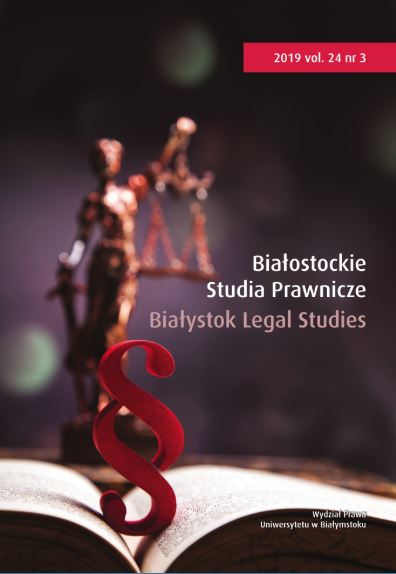The Condition of “Reasonable Fear” in the Polish Procedure of Securing the Performance of Tax Liabilities
The Condition of “Reasonable Fear” in the Polish Procedure of Securing the Performance of Tax Liabilities
Author(s): Zbigniew OfiarskiSubject(s): Law, Constitution, Jurisprudence, Law on Economics
Published by: Temida 2
Keywords: Tax liability; security; taxpayer’s property; fear of a failure to perform a liability
Summary/Abstract: This work analyses the provisions of Art. 33(1) of the Tax Ordinance Act, case law, and the achievements of the tax law which regulate the condition and criteria of securing the performance of a tax liability against the taxpayer’s properties in Poland. The main purpose is to confirm the hypothesis that the condition of “reasonable fear” of a failure to perform this liability by the taxpayer is a vague term; an attempt to make it more precise in the act by specifying an open list consisting of two criteria (a permanent failure by the taxpayer to perform their due liabilities to the treasury or disposal by the taxpayer of their property to make enforcement more difficult or impossible) enables tax authorities to issue decisions on securing the performance of such a liability quite freely. The option by tax authorities to use other so-called non-statutory criteria in this area has been criticized as they violate the general principles of tax proceedings (including the principle of conducting tax proceedings in a manner that generates trust in the tax authorities and the principle of explaining to concerned parties the reasons for the conditions the authorities apply when conducting a case). The work uses the dogmatic-legal method and, supplementary, an empirical-analytic method.
Journal: Białostockie Studia Prawnicze
- Issue Year: 3/2019
- Issue No: 24
- Page Range: 145-156
- Page Count: 12
- Language: English

